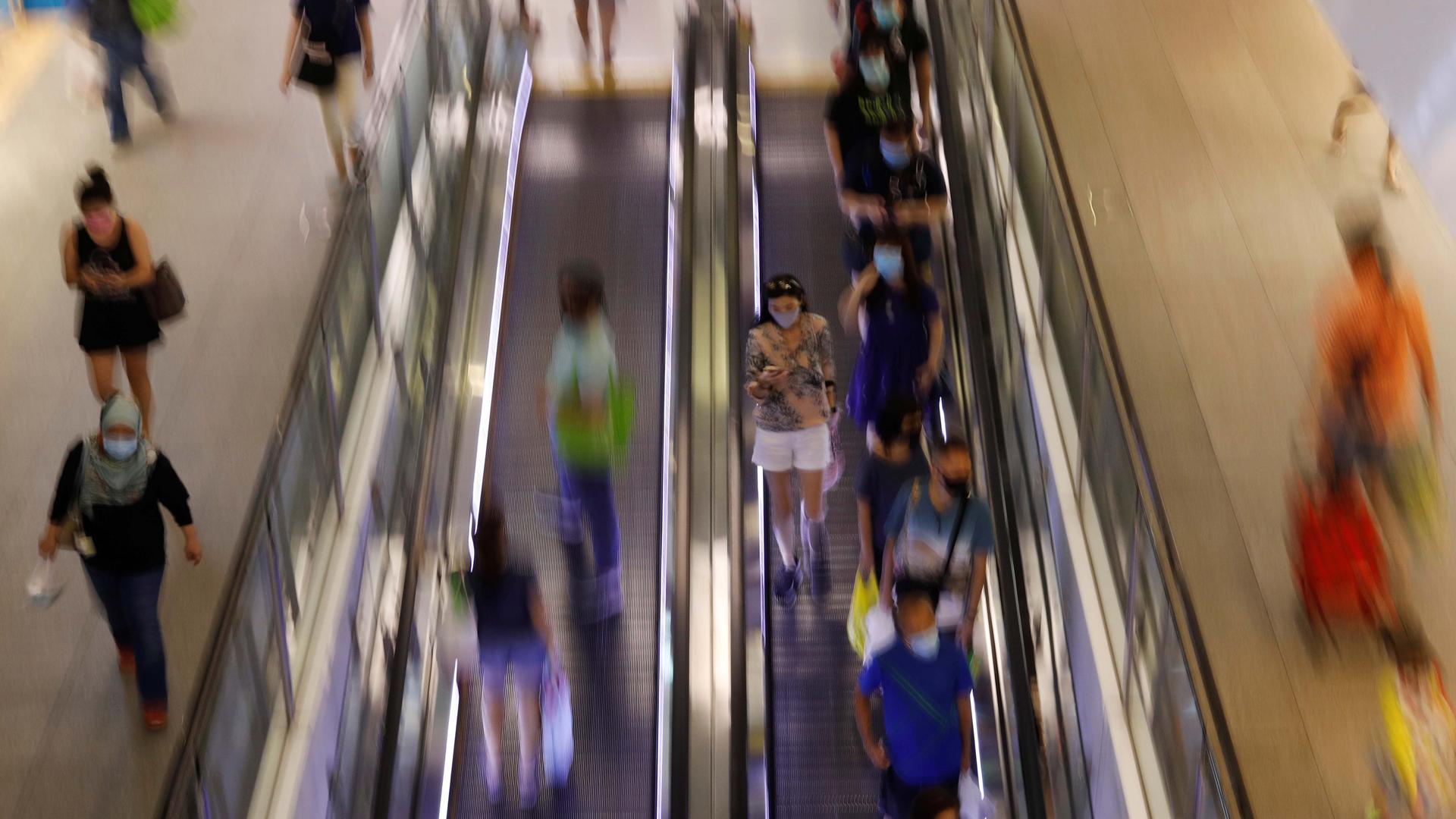The great reopening
For Dr. Michael Osterholm, coronavirus is personal. He has friends who have been severely ill from the virus and friends who have even died from it. He hasn’t seen his five grandchildren since early March and misses them desperately. While FaceTime and Zoom calls have helped to ease the pain of the separation, they are not the same. Still, Osterholm doesn’t expect to see his grandkids anytime soon because, as a man in his late sixties, he would likely be at high risk if he contracted the illness, he explained.
As one of the country’s leading infectious disease epidemiologists, who has long warned about the risk of pandemics, COVID-19 is also a professional concern. Osterholm believes we have to reopen the economy, but has some of the same apprehensions as those with the White House coronavirus task force who recently testified before a Senate committee.
“I think the reopening is a hodgepodge of just wanting to get by this. Believing that if we just get into the summer, everything will go away, the businesses will start to come back, and they don’t have a sense of where we’re going.”
“I think the reopening is a hodgepodge of just wanting to get by this,” he said. “Believing that if we just get into the summer, everything will go away, the businesses will start to come back, and they don’t have a sense of where we’re going.”
Although Osterholm doesn’t think it is ethical to allow the uncontrolled spread of the coronavirus, he acknowledged that we cannot all lock ourselves down until a vaccine is developed, without destroying society as we know it.
But in the rush to get back to business, governors are not meeting criteria that are necessary to keep people safe, according to Osterholm, director of the Center for Infectious Disease Research and Policy at the University of Minnesota. Before reopening, there should be a decrease in new coronavirus cases over a significant period of time (at least 14 days), health care workers should have adequate personal protective equipment, and hospitals should have enough surge capacity to handle a sudden spike in infections, he explained.
Testing for the virus and contact tracing is nowhere near the level that a group of bipartisan experts has recommended, in order to begin to securely open up sectors of society. There is also the critical question about the ability of states to re-establish lockdowns and business closures, if necessary in the future.
“If you’re gonna ring a bell, you’d better have a way to unring it,” said Osterholm. “I don’t see anybody right now elaborating on, well what happens if cases go up four-fold in a two week period? Will we re-establish these measures that we’ve had in place?”
Osterholm thinks another vital point has been missed too.
“We’re just at the beginning of this pandemic. We’re in the second inning of a nine-inning situation where only 5-20% of the U.S. population has yet been infected,” he explained.
The virus will not slow down until about 60-70% of the public is infected — thereby creating herd immunity — or an effective vaccine is developed, he added.
Osterholm and his colleagues are uncertain about the course COVID-19 will take in the future. In a recent report, they presented three potential scenarios for the pandemic: a series of smaller waves of ongoing infections, a devastating resurgence of infections with a massive peak in the fall or winter (much like the 1918 influenza pandemic) or a “slow burn of ongoing transmission.”
As for the path forward, he said what will be required is managing the spread — figuring out how best to prevent those from getting infected who would be most at risk, while slowly opening things up for the rest of the population.
Osterholm laments the lack of “straight talk” from our leaders which has only confused the public. To cope with the painful times ahead, “we need an FDR fireside-chat approach. We need a ‘Winston Churchill’ who will be honest and say these are the challenges we have,” he explained. “We have to stop promising people – everything will be okay because that’s not going to be the case.”
Ultimately, he believes we will get through the crisis, but exactly how we get through it will be the measure used by his grandchildren, and future generations who judge our response.
Elizabeth Ross is the senior producer of Innovation Hub. Follow her on Twitter: @eross6
